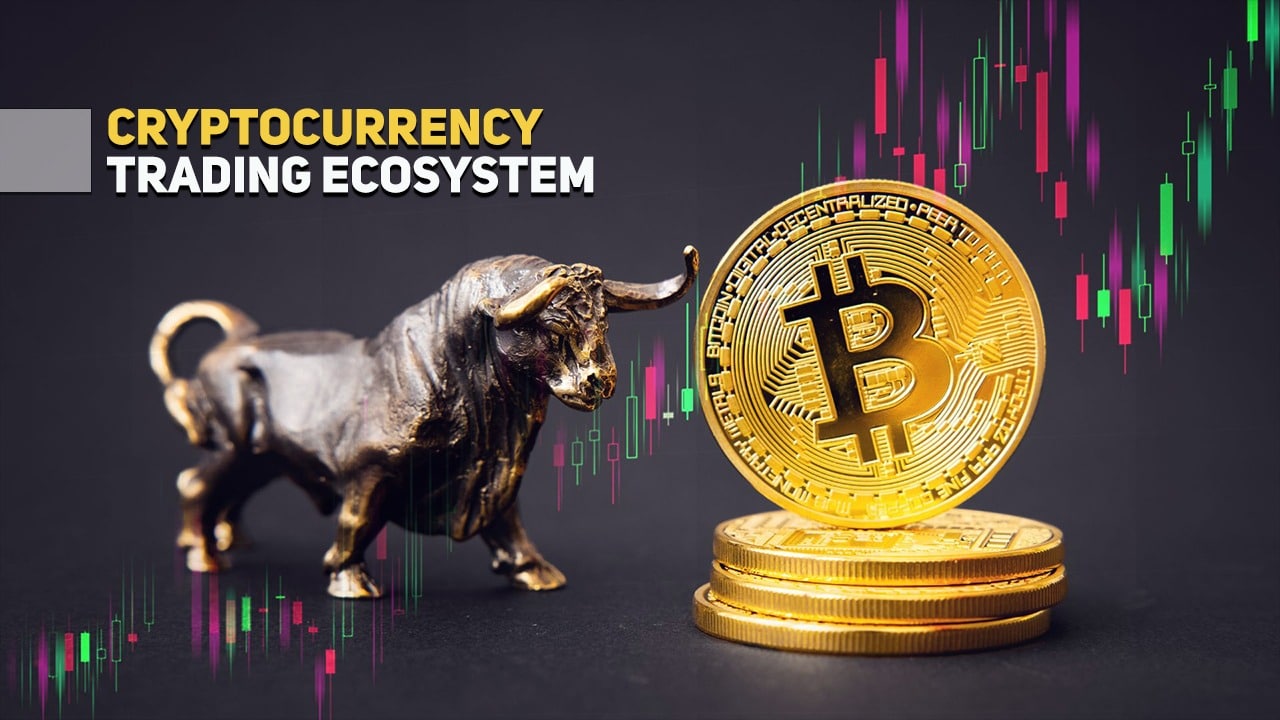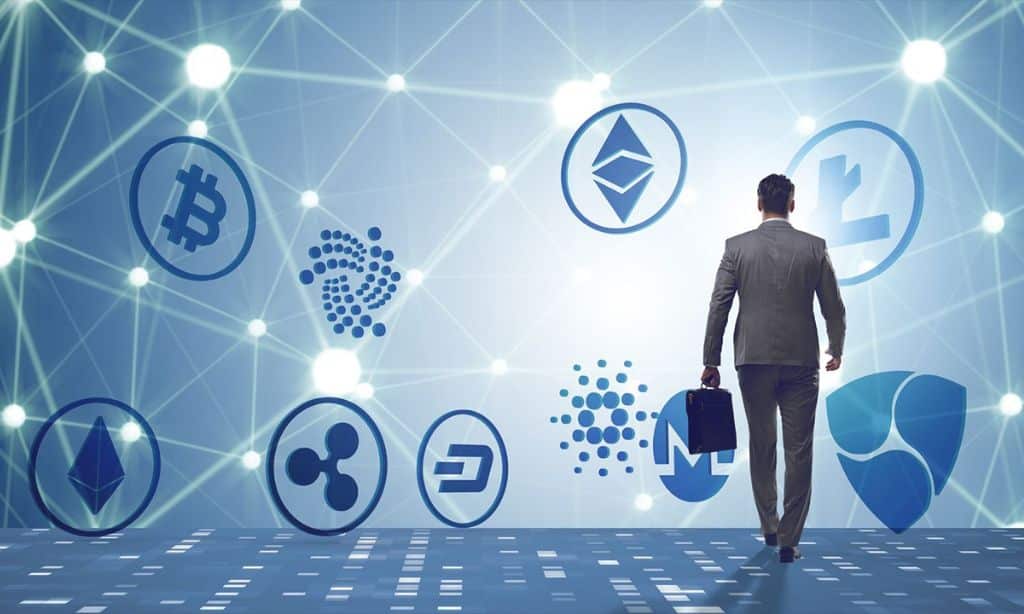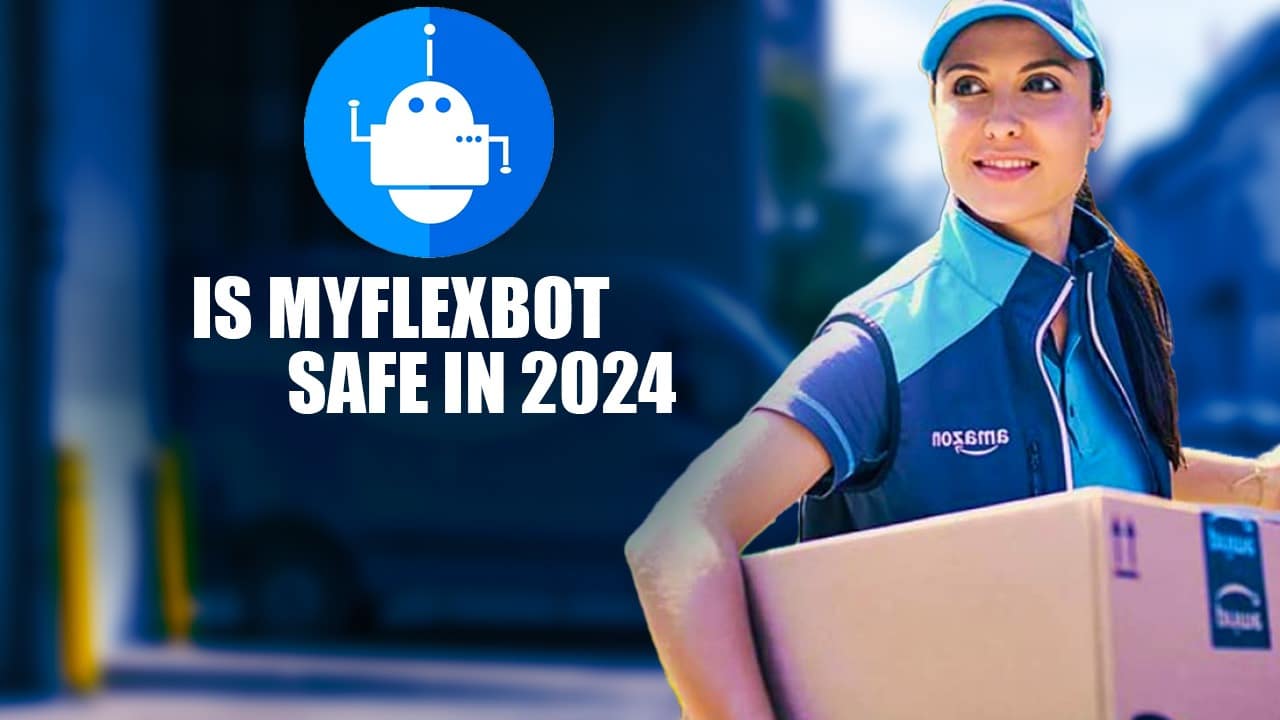Decentralized exchanges (DEXs) have carved out a unique and vital role in the cryptocurrency trading ecosystem, challenging the traditional financial exchange model. When you trade on a DEX, you’re partaking in a system that empowers direct peer-to-peer transactions without the oversight of a central authority. This key shift not only aligns with the foundational principles of cryptocurrency — promoting autonomy and removing intermediaries — but it also enhances security and personal control over your assets.
Imagine a marketplace where your crypto remains in your wallet until the exact moment of trade, entirely circumventing the need to transfer control of your funds to a third party. This is the cornerstone of how DEXs operate, using smart contracts to facilitate trades that are executed automatically and directly between users’ wallets. The absence of an intermediary means that DEXs offer a platform where you can trade a variety of cryptocurrencies without the need for approval from a third-party authority.
DEXs are not just a novelty; they represent a significant portion of all crypto trading volume, reflecting their rising popularity among traders who value security and the direct control of their digital assets. With the integration of various types, such as Automated Market Makers and Order Books, DEXs continue to evolve, supporting features like spot trading and even complex financial activities. This innovation reflects the agile and responsive nature of DEXs to the needs of the cryptocurrency community.
Understanding DEXs
In the dynamic world of cryptocurrency, decentralized exchanges (DEXs) offer a unique trading experience, harnessing blockchain technology to facilitate direct peer-to-peer transactions. Without intermediaries, you maintain full control of your funds, embodying the true essence of decentralization.
Decentralized Exchange (DEX) Fundamentals
What is a DEX and how does it transform your trading experience? A DEX operates on blockchain principles, allowing you to execute trades directly from your wallet to another’s. Unlike traditional models, there’s no need to transfer your assets to the exchange, as transactions occur on-chain via smart contracts.
Ethereum often serves as the foundational platform for many DEXs due to its robust smart contract capabilities. With these exchanges, trust is shifted from a central party to the immutable code of the blockchain. Privacy is also emphasized, as DEXs typically require no KYC (Know Your Customer) or AML (Anti-Money Laundering) checks, prioritizing your anonymity.
Comparison with Centralized Exchanges (CEXs)
So, how do DEXs stack up against traditional centralized exchanges (CEXs)? Centralized exchanges act as the custodian of your assets, requiring you to deposit funds, which introduces a level of risk. They operate off-chain, and in return for convenience, they necessitate KYC for identity verification, affecting your privacy.
Security is another differentiating factor: CEXs are frequent targets of hacks given their custodial nature, while DEXs, leveraging blockchain security, often face fewer such threats. However, CEXs provide a familiar interface and are perceived as user-friendly, catering to both seasoned traders and newcomers. But for those who prioritize privacy and security without an intermediary, DEXs are the choice.
Technology Behind DEXs
Decentralized exchanges leverage blockchain technology to facilitate secure and direct transactions between parties. Your understanding of their underlying mechanisms is critical for comprehending how they operate.
Smart Contracts and AMMs
Imagine a world where trading transactions are automated, secure, and independent of intermediaries. This is possible due to smart contracts on platforms like Ethereum, which are self-executing contracts with the terms directly written into code. Automated Market Makers (AMMs) are a type of decentralized exchange that makes use of these smart contracts to create a trading model where users provide liquidity rather than professional market makers. On a DEX like Uniswap, for instance, an AMM protocol adjusts the prices of tokens automatically, ensuring liquidity and enabling trade at any moment.
Liquidity Pools and Token Swaps
Your role in a DEX could potentially be as a liquidity provider. Liquidity pools are the backbone of DEXs and allow for token swaps to occur. By depositing an equivalent value of two tokens in a pool, for example, on platforms such as Bancor, SushiSwap, or PancakeSwap, you contribute to a market where others can trade. Users benefit from swapping tokens on-chain without the need for traditional market orders. These pools are designed to offer liquidity for a multitude of token pairs, enabling efficient currency exchanges without centralized control.
Here is an example table to help illustrate:
| Exchange Platform | Blockchain | Swap Mechanism |
|---|---|---|
| Uniswap | Ethereum | AMM |
| SushiSwap | Ethereum | AMM |
| PancakeSwap | Binance Smart Chain | AMM |
| Bancor | Ethereum | AMM |
The technology behind DEXs is evidently transformative, providing a decentralized and secure solution for cryptocurrency trading. By participating in liquidity pools or utilizing AMMs, you engage with the pioneering force of blockchain innovation.
DEX Operation and Governance
Decentralized exchanges (DEXs) have revolutionized how you trade cryptocurrencies by leveraging the power of blockchain technology for secure and transparent peer-to-peer transactions.
Peer-to-Peer Trading Mechanics
When you trade on a DEX, smart contracts automate the exchange process, allowing you to retain control of your private keys and funds. Instead of an intermediary, these platforms use order books or Automated Market Makers (AMMs) to facilitate trades directly between users’ wallets. Here’s a snapshot of how it works:
- Order Books: This traditional method matches buy and sell orders based on price. If you’re a market participant, you can place an order that is recorded on a public ledger.
- Automated Market Makers (AMMs): Instead of using order books, AMMs rely on liquidity pools. Users who earn fees in exchange for providing liquidity fund these pools.
A DEX’s liquidity is crucial; without sufficient liquidity, you might face slippage, meaning a difference between the expected price of a trade and the actual price at which the trade is executed.
DeFi Ecosystem Integration
DEXs are a cornerstone in the DeFi ecosystem, often contributing significantly to its total value locked (TVL). The integration of DEXs within DeFi has several implications for how you engage with the decentralized finance landscape:
- Seamless Transactions: You can swap tokens without having to transfer assets to a centralized platform, simplifying the transaction process.
- Interoperability: Many DEXs are designed to be interconnected within the broader DeFi ecosystem, allowing your assets to flow from one service to another effortlessly.
Remember, your privacy remains intact, as there’s no traditional account setup or KYC process. Every trade is directly between peers, reducing the risk of identity exposure and breach of your personal financial privacy.
Advantages of DEXs
Decentralized exchanges (DEXs) bring to the table a new paradigm of trading cryptocurrencies. They offer you enhanced control over your funds and a level of privacy hardly seen in traditional finance.
Enhanced Security and Privacy
Security is paramount in cryptocurrency trading. On a DEX, you keep control of your private keys, and transactions are non-custodial. This means only you have access to your assets, reducing the risk of losing your funds to hackers, as seen with some centralized counterparts. The use of smart contracts on platforms like Ethereum ensures that all trades are executed on-chain, leaving a transparent and immutable record.
Privacy also sees a significant boost. With no need for personal information or identifying documentation, your anonymity remains intact. This is mainly because DEXs operate without a central authority, thus cannot collect your personal data, shielding you from identity theft and preserving your privacy.
Permissionless and Censorship-resistant
Have you ever faced restrictions when trying to trade? DEXs are inherently permissionless, meaning you can freely access and trade without seeking approval from any governing body. Your trading activity is censorship-resistant; not even the creators of the DEX can interfere with your transactions.
The blockchain technology underpinning DEXs ensures that no single entity can manipulate or halt your trading, unlike centralized exchanges that may be subject to government intervention or corporate policies. The decentralized nature offers you a trading experience that is seamless, open to all, and unaffected by centralized control.
Challenges and Limitations of DEXs
Decentralized Exchanges (DEXs) have introduced a new paradigm in cryptocurrency trading, offering a peer-to-peer platform for exchanging digital assets. Yet, their innovative approach is not without its challenges and limitations, particularly concerning liquidity issues and user experience.
Liquidity and Slippage Issues
In the realm of DEXs, liquidity refers to the ease with which traders can buy or sell digital assets without causing a significant impact on the price. A common struggle for DEXs is achieving a sufficient level of liquidity. Compared to centralized exchanges (CEXs), which often have large pools of liquidity and tighter spread between buy and sell prices, DEXs can suffer from more significant price slippage—a problem where the expected price of a transaction differs from the executed price, particularly during large orders or periods of high volatility.
Moreover, impermanent loss are a risk for liquidity providers in DEXs. This occurs when the price of the deposited digital assets changes compared to when they were added to the liquidity pool, potentially leading to a temporary loss if the assets are withdrawn during unfavorable market conditions. This risk can deter potential liquidity providers, exacerbating liquidity challenges.
Technical Barriers and User Experience
The technical complexity of DEXs can be a barrier, especially for newcomers to the crypto space. Unlike sign-ups on CEXs that resemble traditional online platforms, interacting with DEXs typically requires a greater understanding of blockchain technology and the management of private keys. Users are responsible for their wallet security, transaction verification, and understanding the risk of smart contracts, which can be daunting.
Transactions on DEXs can be more expensive and slower due to gas fees, which are payments made to compensate for the computational energy required to execute transactions on the blockchain. Gas fees vary and can be quite high during peak network usage, affecting the overall user experience. Additionally, the absence of fiat on-ramps, since DEXs only facilitate the exchange of digital assets, can limit accessibility for new users seeking to enter the market.
The technical navigation and financial commitment required to use DEXs mean the user experience often falls short when compared to the streamlined experience offered by CEXs. However, the ongoing development and innovation in DEXs aim to reduce these barriers, making them more user-friendly and competitive within the cryptocurrency trading ecosystem.
Economic Considerations for Traders
As a trader in the decentralized exchange landscape, your economic success hinges on understanding the fee structures, potential risks, and profit opportunities deeply ingrained in DEX operations.
Fee Structure and Gas Costs
Trading on a DEX involves transaction fees, which are split into two main categories: trading fees and gas fees. The liquidity pool typically sets the trading fees, which can vary between DEXs. These fees are typically used to reward liquidity providers for their contribution to the pool.
- Trading Fees: Vary from one DEX to another
- Liquidity Pool Rewards: Paid to providers from trading fees
Gas fees are payments made to compensate for the computational energy required to execute your transactions on the blockchain. They can fluctuate wildly based on network congestion and are paid in the native blockchain token.
- Gas Fee Example: Ethereum charges gas in ETH
Smart contracts govern both fee structures, which means they are transparent and predictable, which is an appealing aspect for you as a trader.
Profit Opportunities and Risks
Decentralized exchanges open up wide-ranging profit opportunities, often derived from their non-custodial nature, which allows you to trade directly from your wallet. As a trader, you can take on the role of either a maker or a taker, affecting your potential rewards.
- Makers add orders to the market, often benefiting from lower fees.
- Takers fulfill these orders and might pay a slightly higher fee.
Leveraged trading on certain DEXs can amplify profits but also magnify risks, including the potential for impermanent loss where the value of your deposited assets in a liquidity pool might decline in relation to holding them outside the pool.
On the downside, DEXs can be susceptible to scams and hacks, which means it’s essential to conduct due diligence on the platforms and smart contracts you engage with. Also, the benefits of DEX aggregators should not be overlooked, as they scour various exchanges to find the best trade for your desired transaction, potentially reducing costs and improving trade efficacy.
- DEX Aggregators: Find optimal trading routes across multiple exchanges
Your economic position can be fortified or undermined by these nuances, and it’s essential you navigate them with care to reap the full benefits that DEXs have to offer.
Regulatory Impact on DEXs
Decentralized exchanges (DEXs) are reshaping cryptocurrency trading, but they’re not beyond the reach of regulations. As a market participant, you need to understand the complex landscape of compliance that affects your trading activities.
AML and KYC Compliance
Are you aware of how anti-money laundering (AML) and know your customer (KYC) requirements affect DEXs? Unlike centralized exchanges, DEXs allow users to trade directly, which complicates the enforcement of AML and KYC policies. Yet, regulators are increasingly expecting DEXs to implement measures that prevent money laundering and verify the identities of their users. In practice, this means you may encounter DEXs that:
- Implement user identity verification processes
- Report suspicious activities to authorities
- Maintain records of transactions in accordance with AML standards
Government and Institutional Relations
The relationship between DEXs and government entities involves a delicate balance. On one hand, how does the essence of decentralization reconcile with regulatory oversight? Regulators strive to protect market integrity and ensure investor protection, often resulting in:
- Regulations that define DEX operations, potentially influencing how DEXs function and your experience as a user
- Discussions between DEX developers and regulatory bodies to establish frameworks for compliance
- Scrutiny by financial watchdogs to deter market manipulation and illicit activities
Table: DEX Regulatory Considerations
| Aspect | Impact on DEXs | What It Means for You |
|---|---|---|
| AML Policies | Mandatory compliance with AML laws | Identity verification processes |
| KYC Regulations | required implementation of KYC measures | Potential personal data submission |
| Institutional Cooperation | Development of legal frameworks | Adjustments to trading activities |
Your participation in decentralized crypto exchanges comes with a responsibility to stay informed about these regulatory developments, which can directly influence the security and legality of your trades.
Future of DEXs in Cryptocurrency Trading Ecosystem
As we explore the future of Decentralized Exchanges (DEXs) in cryptocurrency trading, you’ll see how they stand to shape the landscape with innovative trends and the potential for widespread adoption.
Trends and Innovations
In the ever-evolving blockchain ecosystem, DEXs are pushing the boundaries with novel automated algorithms and DEX aggregators, enhancing the trading experience. With the deployment of smart contracts, platforms like EtherDelta, IDEX, and Kyber Network enable you to trade directly from your wallet, which not only heightens security but also promotes autonomy.
| Innovation | Description | Key Players |
|---|---|---|
| Automated Algorithms | Smart contracts execute trades without human intervention, reducing the risk of errors. | IDEX |
| DEX Aggregators | Tools that pool liquidity from multiple DEXs, offering you better rates. | 1inch, Kyber |
| Total Value Locked (TVL) | A measure of assets deposited in DEXs, indicative of their popularity and trust. | Uniswap, Sushiswap |
Table: Key Innovations in DEXs
Mainstream Adoption Prospects
When considering mainstream adoption, remember that decentralization reflects a growing demand for more democratic financial systems. DEXs like Binance DEX coupled with a surge in TVL indicate an increasing user trust and a potential shift in how you perform asset exchanges.
Moreover, as regulatory scrutiny becomes more pronounced, the need for non-custodial solutions offered by DEXs becomes apparent. Facing the giants of centralized exchanges, such as Coinbase, DEXs compete by advocating for your privacy and security—a compelling pitch as you look towards a decentralized future in cryptocurrency trading.
Conclusion
In the dynamic cryptocurrency trading ecosystem, decentralized exchanges (DEXs) stand as a vital innovation, empowering you with direct peer-to-peer transactions. By prioritizing security and autonomy, DEXs allow you to trade without relinquishing control of your assets to a third party. This model fosters a diverse array of tokens and promotes active participation within the crypto space.
What’s in it for you? DEXs offer a platform built on transparency and inclusivity, ensuring that your trades are conducted in a trustless environment. Remember, by choosing DEXs, you play a role in the shift towards a more decentralized financial landscape. You contribute to the resilience and distributed nature of the cryptocurrency markets.








































